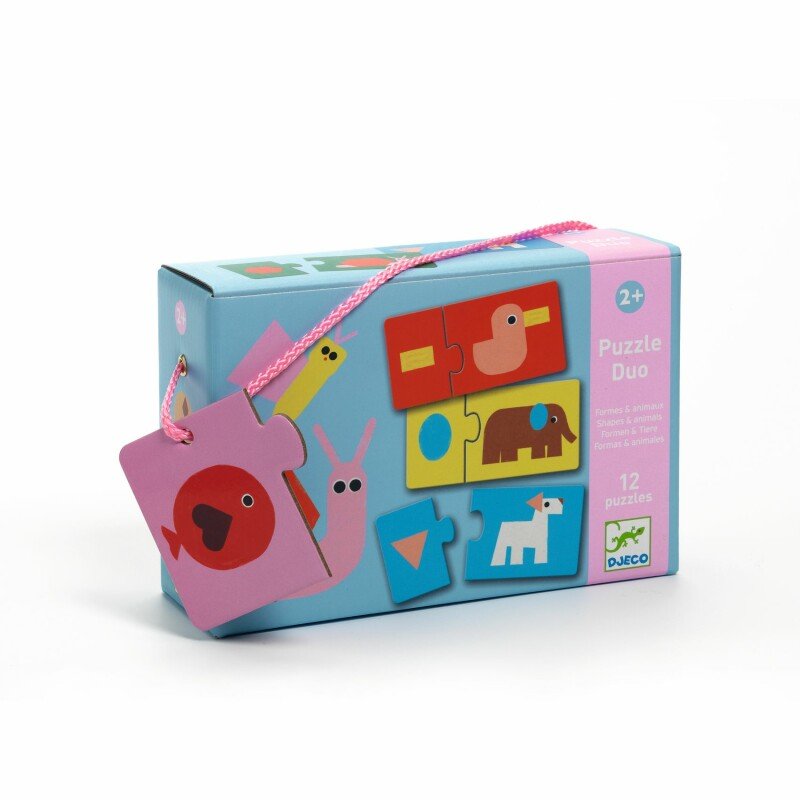In the world of childhood imagination, few settings rival the bustling hub of a kitchen. mänguköögid, with their miniature stovetops, sinks, and cabinets, offer a vibrant canvas for little ones to unleash their creativity and embark on culinary adventures. Whether whipping up imaginary feasts or hosting make-believe tea parties, these miniature culinary spaces are a cornerstone of imaginative playtime.
Exploring the Market for Play Kitchens
The market for play kitchens is brimming with options, catering to various preferences and budgets. From sleek modern designs to charming vintage-inspired sets, there’s something to suit every taste. When selecting a play kitchen, consider factors such as size, features, and durability. Look for sturdy construction and interactive elements like turning knobs, opening doors, and accessories such as pots, pans, and utensils to enhance the play experience.

Fueling Creativity Through Role-Play
Play kitchens provide a fertile ground for role-play, allowing children to step into the shoes of chefs, bakers, or restaurant owners. They can experiment with different roles through imaginative scenarios, develop storytelling skills, and engage in cooperative play with siblings or friends. Role-playing in a kitchen setting also offers opportunities for learning about food, nutrition, and basic kitchen safety in a fun and hands-on manner.
Encouraging Social Interaction and Communication
Kitchen play encourages social interaction and communication as children collaborate on recipes, negotiate roles, and take turns playing different parts. Whether acting as the head chef, sous chef, or server, kids learn the importance of teamwork, communication, and problem-solving as they navigate the dynamics of a bustling kitchen environment. These social skills are invaluable for building relationships and navigating social situations both in and out of the playroom.
Fostering Creativity and Imagination
In the imaginative realm of a play kitchen, the only limit is a child’s creativity. From concocting fantastical dishes to orchestrating elaborate dinner parties, the kitchen becomes a stage for endless storytelling possibilities. Through open-ended play, children exercise their imagination, hone their storytelling abilities, and develop critical thinking skills as they navigate the twists and turns of their culinary adventures.
Promoting Fine Motor Skills and Cognitive Development
Engaging with play kitchens also offers developmental benefits, particularly in fine motor skills and cognitive development. Manipulating small utensils, pouring pretend ingredients, and assembling play food require precise hand-eye coordination and dexterity. Furthermore, organizing the kitchen space, planning meals, and following recipes stimulate cognitive skills such as problem-solving, sequencing, and decision-making.
Culinary Creativity Beyond the Playroom
The joys of kitchen play extend beyond the confines of the playroom, inspiring children to explore real culinary pursuits alongside their imaginary adventures. Encourage their curiosity by involving them in age-appropriate cooking activities, such as measuring ingredients, stirring batter, or decorating cookies. By bridging the gap between pretend and reality, kitchen play becomes a springboard for fostering a lifelong love of cooking and creativity.

Conclusion
Play kitchens serve as portals to a world of imagination and discovery, where children can explore, create, and learn through play. From fostering social skills and creativity to promoting cognitive development and culinary curiosity, these miniature culinary spaces offer many benefits for young minds. So, whether whipping up a make-believe feast or concocting imaginary concoctions, let the kitchen adventures begin!





